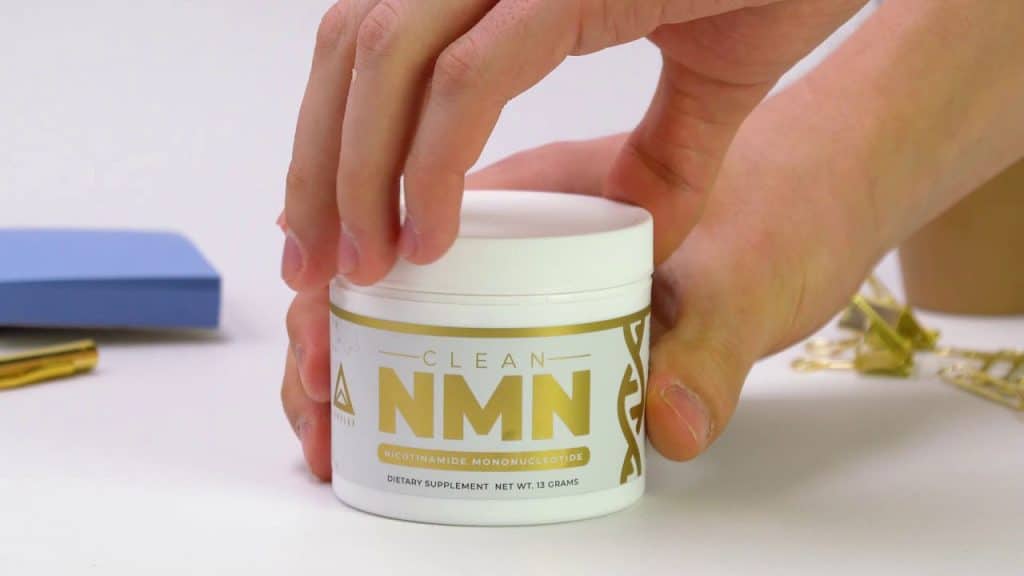When it comes to longevity supplements, nicotinamide mononucleotide (NMN) has seen a particularly impressive rise in popularity – at least until the Food and Drug Administration (FDA) decided that NDN could no longer be considered a dietary supplement in the US.
The FDA is in charge of classifying and regulating various substances related to public health. This includes food, caffeine, tobacco, medicine (both over-the-counter and prescription) and medical devices. In the case of dietary supplements, the FDA’s authority comes from the Dietary Supplement Health and Education Act (DSHEA) of 1994.
According to this act, supplements don’t need to go through the same extensive testing and approval process as drugs used as medicine. As long as the ingredients are “generally recognized as safe”, the FDA isn’t too worried. Medical drugs, on the other hand, must meet a much stricter standard before the FDA will approve them. The debate is over whether NMN should fall under the supplement label or be considered a drug.
NMN is popular because of its impact on nicotinamide adenine dinucleotide (NAD+), which is vital to cellular metabolism. NAD+ helps break down glucose for energy and contributes to the production of ATP, which energizes various cellular processes.
We see a reduction in NAD+ production when we age, which can contribute to age-related diseases. NMN supplementation may be a way to increase NAD+ and cellular energy, providing protection against those diseases of age.
You can find NMN naturally in regular foods like cabbage, broccoli and avocado. That underpins part of the argument being made by the Alliance for Natural Health and the Natural Products Association that NMN should be treated as another dietary supplement, just like multivitamins.
On the other side of the debate, experts point to the still-limited evidence base regarding NMNs effectiveness. Studies have been conducted, but they were small in size and short in duration. This makes it very difficult to accurately judge appropriate dosage or assess the risk of side effects in specific populations or in the long-term. Plus, the general lack of regulation for supplements means quality and purity can’t be guaranteed.
Regulation is a thorny issue for a range of substances, with both potential health benefits and side effects. The debate over NDN shows how important it is to make potentially important supplements accessible while still making sure they’re safe.




